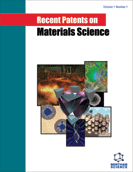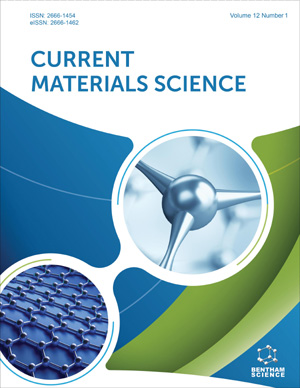Abstract
From the past few decades, tremendous awareness has been laid on the use of natural polymers in drug delivery systems. Chitosan (CS) biomaterials are one of the most versatile used polymers in drug delivery systems due to their unique qualities. CS, obtained by deacetylation of chitin, is a natural, hydrophilic, nontoxic, biocompatible, bioadhesive and biodegradable polysaccharide suitable for applications in pharmaceutical technology. Its role in drug delivery systems was examined by considering the changes in the chemical and biological properties of the polymer. CS can be engineered into different shapes and geometries such as nanoparticles, microspheres, membranes, sponges and rods and has been used for the delivery of drugs through various routes including oral, ocular, intranasal etc. CS has also been found to be used as a support material for gene delivery, cell culture, and tissue engineering. Chemical modification of CS is useful for the association of bioactive molecules to polymer and controlling the drug release profile. This paper reviews the methods of preparation of CS derivatives intended for controlled drug delivery, their properties, degradation mechanisms and most important their biomedical applications in drug delivery. A number of recent patents regarding the role of CS in ocular, gastrointestinal (GI), brain and colon targeting etc have also been disclosed.
Keywords: Chitosan, controlled release, delivery system, hydrogel, polymer, nanoparticles, biomaterials, DEACETYLATION, OCULAR DELIVERY, GASTROINTESTINAL (GI) DRUG DELIVERY
 5
5

















